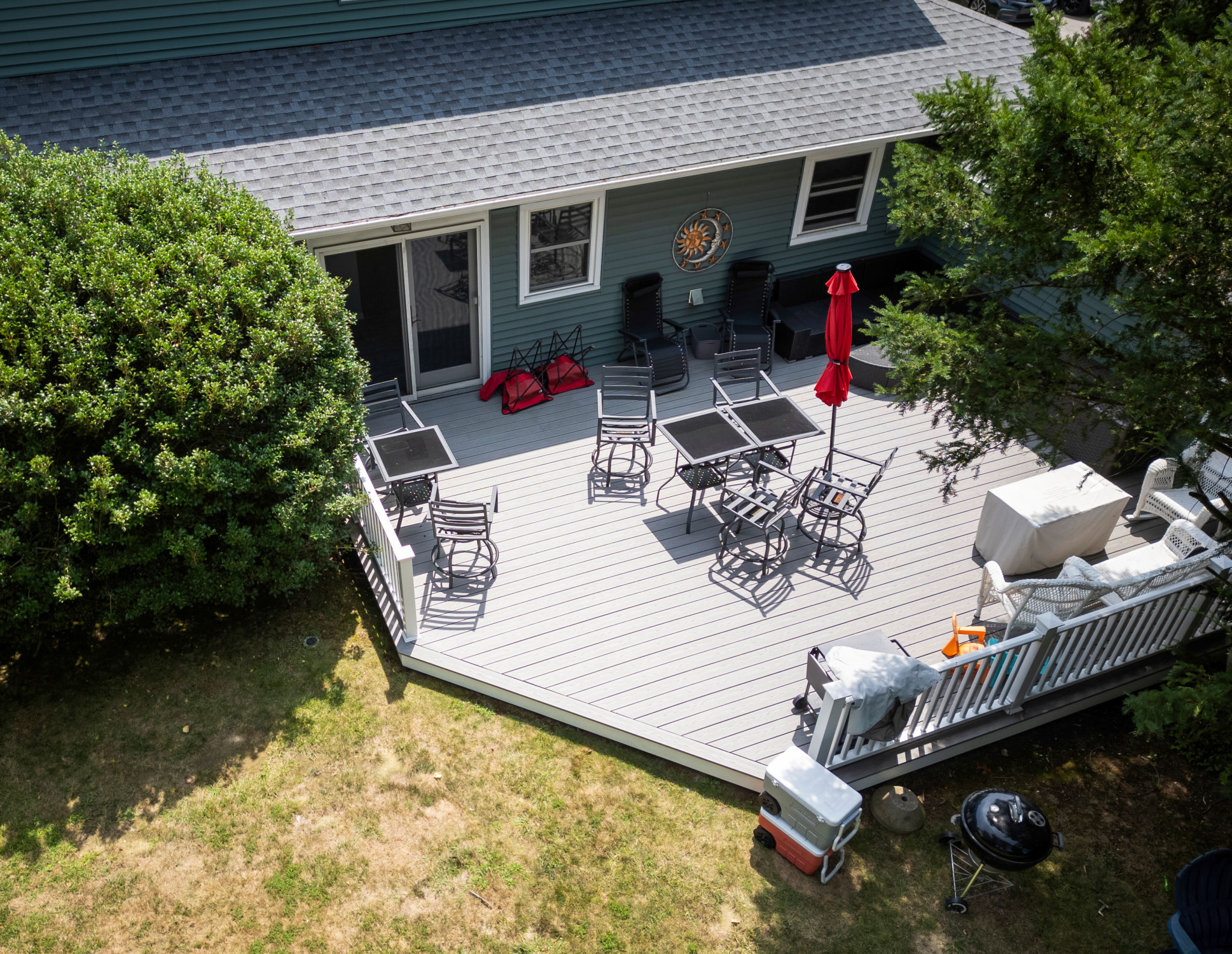Comparing Patio Materials: Which Sustainable Option is Best for Charlotte’s Weather?
Understanding Charlotte’s Climate
Charlotte, North Carolina, is known for its humid subtropical climate, characterized by hot summers, mild winters, and a fair amount of rainfall throughout the year. This weather pattern plays a crucial role in determining the best sustainable materials for patios. Selecting the right material not only enhances the aesthetic appeal of your outdoor space but also ensures longevity and environmental responsibility.

Wood: A Timeless Choice
Wood is a classic patio material that offers a natural look and feel. Popular choices like cedar and redwood are known for their resistance to moisture and insects, making them suitable for Charlotte’s humid conditions. However, frequent maintenance like sealing and staining is necessary to prevent weathering and decay.
For those seeking a more sustainable option, consider using reclaimed wood, which reduces the demand for new lumber and adds a unique character to your patio. Despite its charm, wood may not be the most durable choice in the long run, especially under continual exposure to Charlotte’s weather variations.
Composite Decking: Durability Meets Sustainability
Composite decking is made from a mix of wood fibers and recycled plastic, offering a sustainable alternative to traditional wood. It is highly resistant to moisture, insect damage, and UV rays, making it an ideal choice for Charlotte's climate. Moreover, composite decking requires minimal maintenance, saving time and resources in the long term.
While it may have a higher upfront cost compared to wood, its durability and low-maintenance nature make it a cost-effective solution over time. Additionally, composite materials come in various colors and styles, allowing homeowners to customize their patios without compromising on sustainability.

Stone: Natural Beauty and Resilience
Stone patios provide an elegant and durable option that can withstand Charlotte’s weather conditions. Materials like limestone, slate, and bluestone are not only aesthetically pleasing but also offer excellent durability. Stone requires minimal maintenance and can last for decades if properly installed.
However, sourcing stone sustainably can be challenging. It's essential to choose locally sourced stone to reduce the carbon footprint associated with transportation. By doing so, you contribute to local economies while ensuring your patio remains environmentally friendly.
Concrete Pavers: Versatility and Eco-Friendliness
Concrete pavers are another excellent option for Charlotte homeowners seeking sustainability. These pavers are made from natural materials like sand, water, and cement, which can be sourced locally. Their durability makes them suitable for the region's climate, as they can withstand temperature fluctuations and heavy rains.

Additionally, concrete pavers offer design versatility, with numerous shapes, sizes, and colors available. They can be easily replaced if damaged, reducing waste and cost over time. Opting for permeable concrete pavers further enhances sustainability by allowing water to seep through the surface, reducing runoff and promoting groundwater recharge.
Comparing Costs and Benefits
When comparing patio materials for sustainability and compatibility with Charlotte's weather, it's essential to consider both initial costs and long-term benefits. Wood may be less expensive initially but requires ongoing maintenance. Composite decking offers a balance between upfront investment and long-term savings due to its durability.
Stone provides a high-end look with minimal maintenance but requires careful consideration of sourcing practices. Concrete pavers offer flexibility in design at a reasonable cost while promoting eco-friendliness through permeable options.
Making the Sustainable Choice
Selecting the right patio material involves weighing various factors, including environmental impact, longevity, maintenance needs, and aesthetic preferences. By choosing sustainable options like composite decking or locally sourced stone, you contribute to environmental conservation while enjoying a beautiful outdoor space that stands up to Charlotte's weather.
Ultimately, the best choice will depend on your specific needs and values. Consider consulting with local experts who understand both the climate challenges and sustainable practices to help you make an informed decision that aligns with your vision for an eco-friendly patio.
